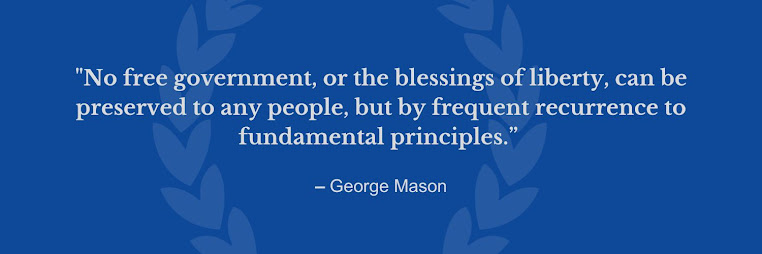The U.S. Department of Justice (DOJ) has finished its inquiry into wireless carriers' text-messaging rates and intends to take no further action. So reports the Wall Street Journal ("Justice Ends Probe of Texting Rates"). Apparently, DOJ could find no evidence sufficient to support claims raised by the U.S Senate Antitrust Subcommittee Chairman that wireless carriers were engaged in illegal collusive price-fixing conduct to keep text messaging prices up. As I pointed out in a blog post from last month ("Getting the Message on Text Messaging Prices"), a federal trial court recently dismissed a nationwide class-action lawsuit against the major wireless carriers based on similar, factual flimsy collusion claims. Skyrocketing numbers of text messages being sent and received by consumers—with 1 trillion sent last year alone—suggest strong consumer demand, not consumer harm. And many text messaging price complaints myopically focused on per-message prices rather than bundled package prices that offer consumers far more economical choices.
Fortunately, the Federal Communications Commission's (FCC) current net neutrality/net neutering rulemaking—i.e., the Preserving the Open Internet proceeding—will likely refrain from imposing any kind of direct regulation on text messaging. But this outcome was not always so likely. Back in late September, FCC Chairman Julius Genachowski's speech at Brookings announcing his plans to impose net neutrality/net neutering regulation asserted "[w]e have even seen at least one service provider deny users access to political content." This line was an apparent reference to Verizon Wireless' employees' initial rejection of a NARAL application for a common short code (CSC)—a text messaging service. (The matter was resolved within 48 hours, with the CSC application granted, all without FCC intervention.)
The Chairman's September speech thus raised the likelihood of FCC regulation of text messaging in the forthcoming proceeding. However, the FCC Notice issued in October says otherwise. Although the FCC proposes to extend net neutrality/net neutering regulation to wireless broadband networks, paragraph 156 of the FCC's Notice states that it will not subject text messaging to any such rules:
Because of the rapid growth and increasing use of mobile wireless as a platform for broadband Internet access, we will examine in greater detail in the following parts the application of the principles to mobile broadband Internet access. We note as a threshold matter that wireless providers may offer a range of services—including traditional voice, short message service (SMS), and media messaging service (MMS)—that are not broadband Internet access services and thus are not included in the scope of the draft rules discussed above.
Given nascent wireless broadband technological limitations, wireless broadband innovation and quality-of-service stands to take a hit from new regulation. (The Free State Foundation just submitted its comments to the FCC in the proceeding.) But at least text messaging will probably come away unscathed in the FCC's proceeding. When it comes to the messaging, the FCC's Notice appears intended to preserve the status quo.
Nonetheless, the status quo for text messaging leaves room for FCC deregulatory reform. As it now stands, text messaging in a kind of regulatory netherworld. It isn't subject to rigorous regulation, but neither is it protected by a deregulatory classification. The FCC's 2007 Wireless Broadband Order classified wireless broadband Internet access service as an information service (subject to less regulation) while it classified the transmission component of wireless broadband Internet access service as a "telecommunications service” (subject to common carrier obligations). The 2007 Order also concluded that the offering of the telecommunications transmission component as part of a functionally integrated Internet access service offering is not "telecommunications service." Although the 2007 Order's description of wireless broadband Internet access services and technologies referred to text messaging as a "mobile data application," the Order did not expressly declare it an information service.
The Commission now has opportunity to clarify that text messaging and related mobile data services are, in fact, "information services." Both the 2007 Wireless Broadband Order and the alleged CSC censorship incident mentioned in Chairman Genachowski's speech set the backdrop to a petition to the FCC by Public Knowledge, Free Press, and others seeking a declaratory ruling that text messaging—including CSCs—are subject to common carrier obligations. To date, the FCC has issued no ruling on the petition. But the FCC can provide deregulatory certainty by declaring text messaging an "information service," thereby rejecting the petitioners' arguments for imposing common carrier regulation.




